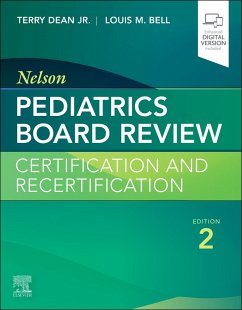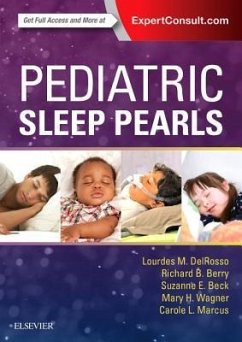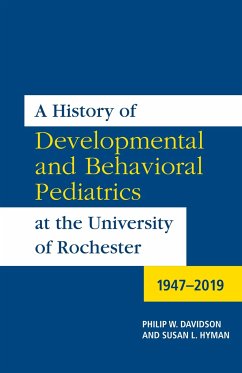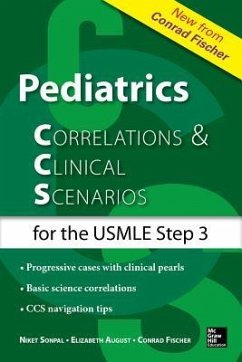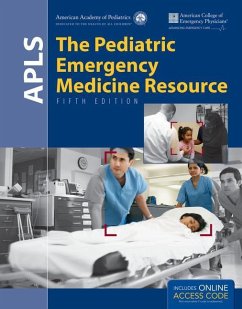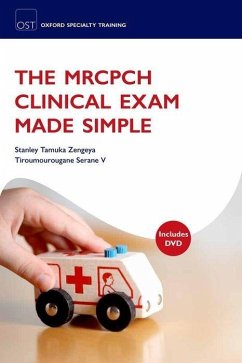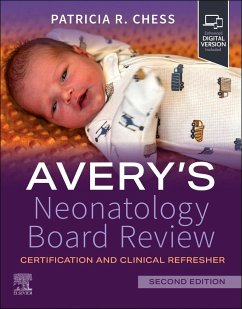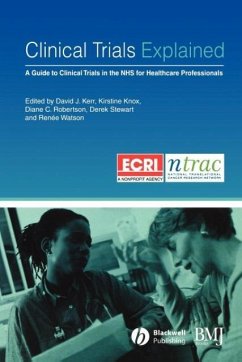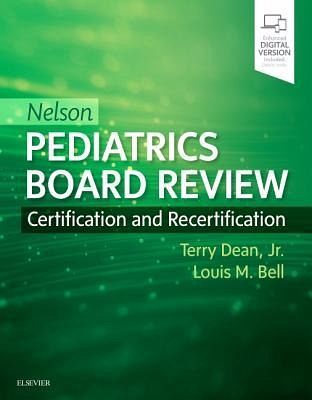
Nelson Pediatrics Board Review
Certification and Recertification
Herausgeber: Dean Jr, Terry; St Geme III, Joseph W; Bell, Louis M

PAYBACK Punkte
52 °P sammeln!
Review and retain the information you need for success on the boards with Nelson Pediatrics Board Review: Certification and Recertification. This highly practical review tool follows the American Board of Pediatrics (ABP) general pediatrics content outline, with topics weighted to correlate with the exam. Must-know information is presented in a way that's easy to study and remember, and is backed by the Nelson family of references that you know and trust for current, authoritative information in your field. * Equips residents and physicians with an efficient, comprehensive system for study, de...
Review and retain the information you need for success on the boards with Nelson Pediatrics Board Review: Certification and Recertification. This highly practical review tool follows the American Board of Pediatrics (ABP) general pediatrics content outline, with topics weighted to correlate with the exam. Must-know information is presented in a way that's easy to study and remember, and is backed by the Nelson family of references that you know and trust for current, authoritative information in your field. * Equips residents and physicians with an efficient, comprehensive system for study, designed specifically to help you perform at your best on the board exam. * Presents information in a bulleted, high-yield format, with topics matching ABP content guidelines. * Provides a real-world balance of necessary fundamental information and cutting-edge advances - all carefully written and reviewed by editors and contributors from the world renowned Children's Hospital of Philadelphia (CHOP). * Features over 600 board-style questions with full, discursive answers online. * Includes reader-friendly features that promote testing success: tables that show differences between diagnoses, genetic disorders grouped by key features in phenotypic presentation rather than in alphabetical order, and more - all designed to help you recall key information when taking exams. * Provides online links to the Nelson Textbook of Pediatrics that offer a complete presentation of the content, including evidence-based treatment and management. * Enhanced eBook version included with purchase. Your enhanced eBook allows you to access all of the text, figures, and references from the book on a variety of devices.




